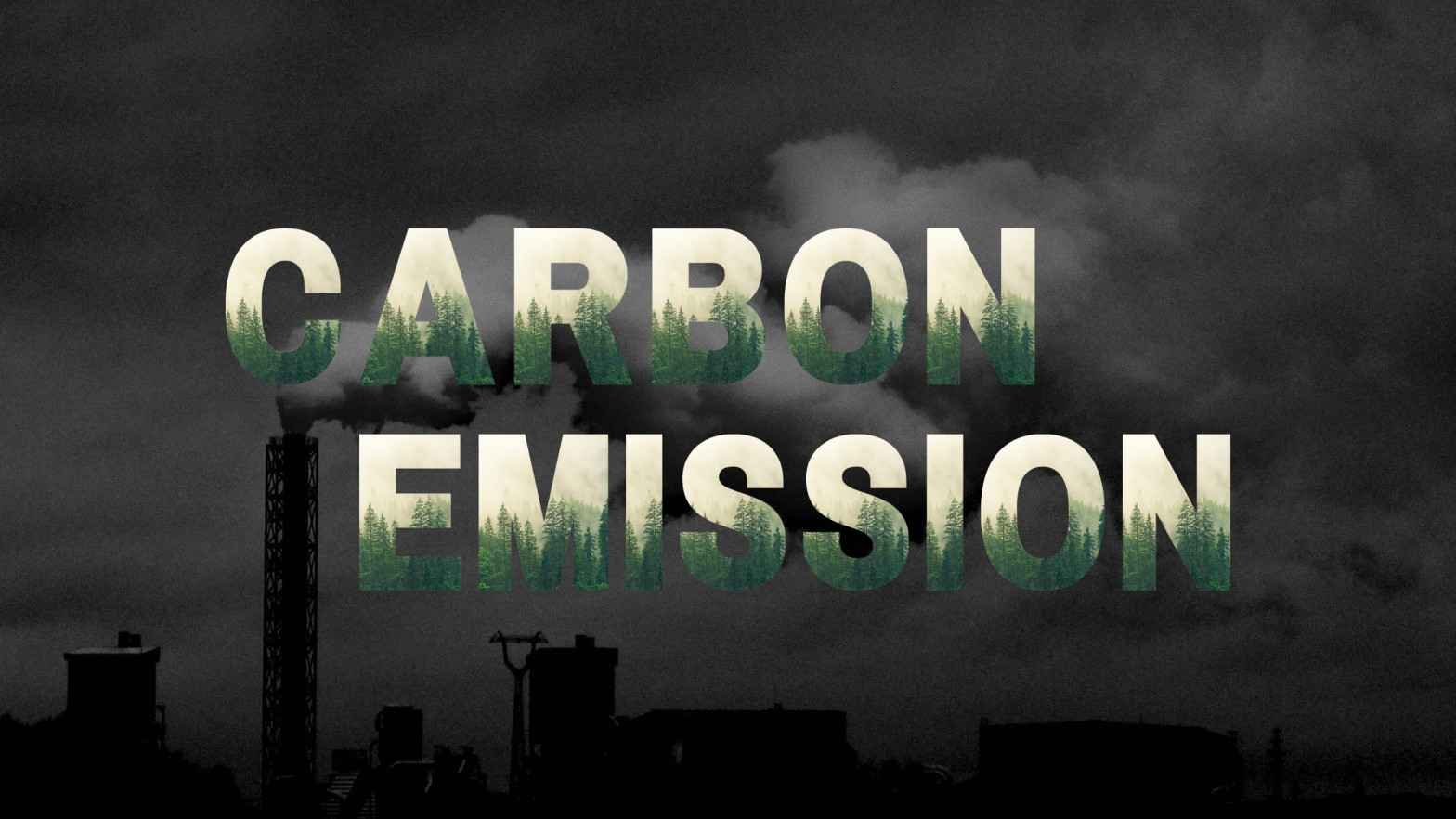
Importance of cleaning of Solar PV modules
The world today runs on the concept of zero waste and pollution free environment. Everyone of us strives to do our bit towards making the world a greener and cleaner place to live in. Switching from fossil fuels to renewables like solar energy has been one approach to this vision. But one thing which always makes everyone question the efficiency of solar energy system is the maintenance and cleaning part of it. In general, PV solar installation is fairly low-maintenance. But without proper cleaning procedures, it will be impossible to enjoy the perks of solar energy and make full use of the equipment. Solar panel cleaning is an essential part of solar energy generation. Without it, the photovoltaic (PV) system will not operate efficiently, which will shorten the product’s lifecycle; thus solar energy availability.
To fully understand the significance of the solar panel cleaning, it is necessary to first comprehend why dirty panels are an issue and for just how soiling can cause long-term damage to the solar panels. Studies carried out by researchers demonstrate the extent to which solar modules‘ energy output falls when they are left uncleansed. Shades on panels temporarily reduces their output. However dirt on panels reduces production until the module is cleaned. Even when the module are installed at a steep incline, dirt tends to accumulate over time, and will become engrained, severely impacting output. Sand blown off by the winds unevenly may scratch the module surface too. Now bird droppings, in addition to the dust can accumulate on modules, especially in urban area. Apart from their acidity, these droppings cause hotspots to form on the module: heat concentration in one point, causing cell damage. The production of all neighboring cells will be affected by the damaged cell. Regular cleaning, regardless of the type of soiling, is required to keep all the elements of the solar installation in optimal operating condition.
Several techniques and methods have been developed over the years to efficiently clean solar panels. The first method, still one of the most widespread today, is washing panels with a handheld brush. This technique is advantageous for smaller installations. Panels on steeply sloping roof tops can be cleaned cost efficiently when cleaned manually by hands. Although manual cleaning is a dependable and quickly implementable solution, it is no longer efficient in the light of the large number of large-scale solar power plants sprouting up all over the world. Solar panel cleaning robots are the most recent and versatile solution for cleaning solar panels. There are various types of robots in the market ranging from small to large, lightweight to heavy. Apart from manual brushes, robots are the only solution capable of cleaning any type of commercial installation including solar panel mounted on roofs and ground mounted system. Robotic solutions are semi automatic and are controlled by a single user. They allow a faster cleaning with less physical strain. Now for residentials; warm water, soft cloth and dish soap are the must have to clean the panel. All you need to do is apply dish soap and warm water with a soft cloth to the panel and clean it with gentle hands. Afterwards squeeze the soft cloth to get rid of the dirty water. Then,
repeat the procedure and solar panels are clean. Easy Peasy!
It turns out that solar panels, the equipment that generates the popular type of renewable energy – solar energy – require proper care in order to operate effectively and efficiently. Even though it may appear complicated, all you need to do is clean your solar panels every now and then. If done correctly and at the right time the equipment will not only provide solar power for a long time, but there will be no need for professional maintenance procedure. Take care of your solar panel so you can enjoy them for as long as possible!
Go Solar! Go for a cleaner environment!




